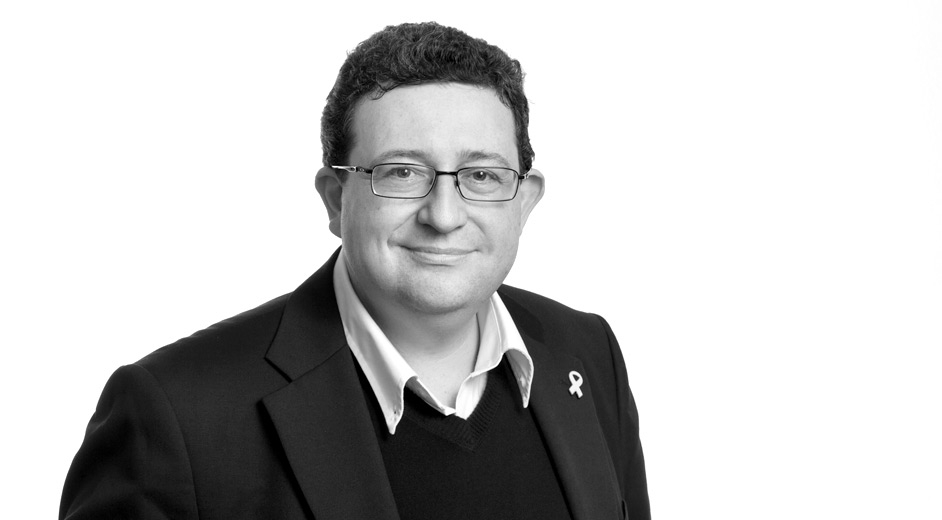How does proton therapy work and how does it treat prostate cancer?
Proton therapy is a modern kind of radiotherapy. But other than X-rays that rush through the body, protons unleash their energy at a predefined point that you can choose. This physical phenomenon called the “bragg peak” allows putting highly effective treatment doses into a tumour while at the same time sparing healthy organs even when they are very close by.
For prostate cancer proton therapy allows a more effective and well tolerated treatment that takes approximately only half the time to apply than conventional radiotherapy. And the long time results are unprecedentedly excellent. A recently published survey of more than 200 patients treated with protons for prostate cancer yielded a 5 year progression free survival of 99% for low and mid risk settings... Even 76% of the patients with high risk prostate cancer benefited from the treatment. And nearly all patients tolerated the proton therapy well.
What is the cost of proton therapy?
Prices for proton therapy vary depending on the treatment location. Even though the treatment is more affordable in Europe than in some other countries, the therapy is quite costly. Fortunately some proton therapy clinics in Europe achieved agreements with many health insurances. So getting coverage became easier for many patients. At our clinic I review medical results to see if a proton therapy is a good treatment option and if so write medical reports to help patients to get insurance coverage.„ Proton therapy is a modern kind of radiotherapy. For prostate cancer (it) allows a more effecitve and well tolerated treatment[...]. Even 76% of the patients with high risk prostate cancer benefited from the treatment.
What are the pros and cons of proton therapy?
Proton therapy is in comparison a rather gentle and locally highly effective procedure. Patients usually stay in a hotel close to the clinic and just walk in for their daily treatment session.
As for the example of prostate cancer it could mean that proton therapy eliminates the tumour and you can still keep your urinary continence and remain sexually active. There also is none of the risks a narcosis or operation could cause. So the therapy may be performable even if circumstances do not allow operation.
There are of course only few clinics yet that offer proton therapy, so you might have to travel far distance to get a treatment. Also you should plan a stay of a few weeks. This is necessary to keep the level of treatment tolerance high.
What type of patients should opt for proton therapy?
The list of indications is actually quite long. Nearly every tumour that can receive radiotherapy could be treated with proton therapy, except for breast cancer. The list includes localized cancers like prostate cancer as alternative to operation, several tumours of the brain, sarcoma, cancer of the lung, liver, oesophagus or pancreas, etc... But it does not apply for every situation and every patient, so the indication has to be chosen individually and deliberately.„ The therapy is quite costly. There are of course only few clinics yet that offer proton therapy, so you might have to travel [...] At our clinic I review medical results to see if a proton therapy is a good treatment option and if so write medical reports to help patients to get insurance coverage.






